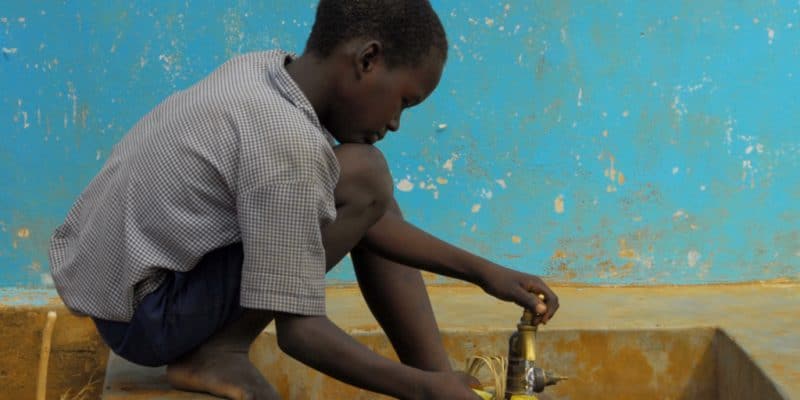In the coming months, communes I, V and VI in the city of Bamako, the capital of Mali, will have better access to drinking water. Two task forces were formed at the end of January 2019 to address this issue.
Two working groups will be operating in Mali in the coming months. Their main mission will be to develop projects to improve access to drinking water in communes I, V and VI of the district of Bamako, the Malian capital. The two teams will have to study in depth the drinking water and education problems in these two localities. They should identify all problems related to basic social services, including access to water. They will then have to develop an action plan involving public-private partnerships (PPPs) that would eliminate the barriers to improving the quality of water access services.
The working teams were set up during a workshop on the development of PPPs in the drinking water and education sectors, which was held on January 23, 2019 at the town hall of commune I in the Bamako District. This project could improve access to drinking water in Mali, where 32% of the population is currently deprived. Until a year ago, Mali’s drinking water company had a distribution capacity of 231 million litres per day. However, demand has increased and now stands at around 350 million for the entire city. The authorities have since been working to fill this 118 million-litre deficit.
This work is part of the FHI-360 project, carried out by the Mali subsidiary of the Alliance to Rebuild Governance in Africa (ARGA-MALI). The project is funded by the United States Agency for International Development (USAID), an independent agency of the United States government responsible for economic development and humanitarian assistance around the world. In Mali, it is tackling climate change by contributing, among other things, to improving natural resource management practices.
Luchelle Feukeng






